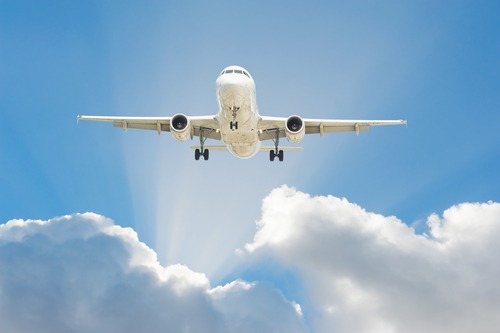
On Wednesday, the Federal Aviation Administration (FAA) announced it had awarded $27 million to 11 U.S. universities to research noise and emission reductions at airports.
Part of the FAA’s Aviation Sustainability Center (ASCENT) program, the awards will go to research teams from universities nationwide that are working on a variety of environmental topics in aviation. The awards will be matched by the Center’s partners under the grants program one-to-one cost sharing agreement.
“The work of these teams is a cornerstone of the FAA’s sustainability efforts,” FAA Administrator Mike Whitaker said. “The entire aviation industry can leverage this research to reduce noise and enable safe and efficient operations while working toward net-zero emissions by 2050.”
Among the awardees were the Georgia Institute of Technology for research on fuel efficiency, fuel emissions, fuel cells, sustainable aviation fuel technology, air quality, noise measurement and next-generation aircraft; Washington State University, for research on sustainable aviation fuel, the sustainable aviation fuel supply chain, fuel efficiency and hydrogen propulsion; and Pennsylvania State University for research into engine technology, fuel efficiency, noise measurement and supersonic propulsion.
“The FAA has invested more than $155 million in grant funds since the ASCENT research effort began and the work has driven forward our environmental effort significantly,” Assistant Administrator for Policy, International Affairs, and Environment Laurence Wildgoose said. “As a result of ASCENT research, four new procedures have been implemented at Boston Logan International Airport to reduce noise impacts on surrounding communities.”